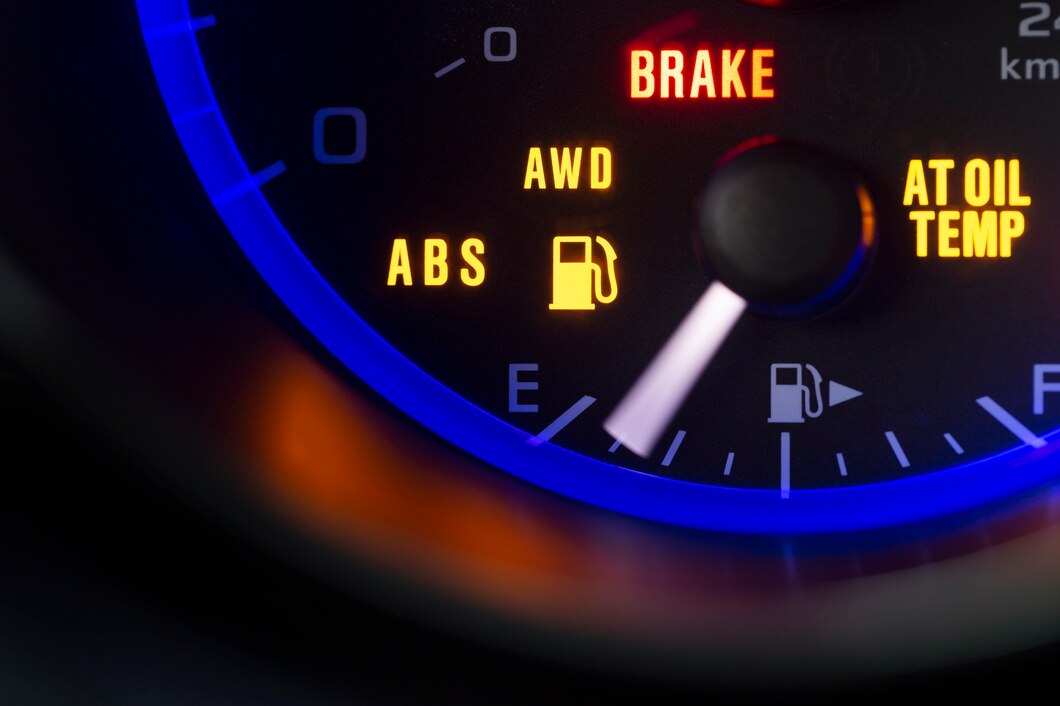The master cylinder in your car is a critical component of the braking system, responsible for converting the pressure applied to the brake pedal into hydraulic pressure, which then engages the brakes. When the master cylinder begins to fail, it can compromise your vehicle’s ability to brake safely. Recognizing the early signs of a failing master cylinder is crucial for maintaining road safety and preventing costly repairs. Here are some indicators to watch out for:
1. Spongy Brake Pedal
A soft or spongy brake pedal is one of the most common signs of a failing master cylinder. If you notice that the brake pedal feels mushy or requires more effort to engage, it could indicate air or fluid leakage within the master cylinder.
2. Brake Fluid Leaks
Inspect the area around the master cylinder for any signs of brake fluid leakage. Leaking brake fluid can appear as wet spots or puddles near the master cylinder or along the brake lines. Loss of brake fluid can lead to a loss of hydraulic pressure, resulting in decreased braking performance.
3. Low Brake Fluid Level
Check the brake fluid reservoir regularly to ensure it is at the correct level. A sudden drop in brake fluid level without any visible leaks could indicate a leak within the master cylinder or a failing seal, allowing brake fluid to escape into the brake booster.
4. Brake Warning Light
Many modern vehicles are equipped with a dashboard warning light that illuminates when there is a problem with the braking system. If the brake warning light comes on, it could indicate low brake fluid level, a malfunctioning master cylinder, or other issues that require immediate attention.
5. Brake Dragging or Sticking
A failing master cylinder can cause the brakes to drag or stick, even when the brake pedal is released. This can lead to uneven wear on the brake pads and rotors, as well as increased fuel consumption due to the constant friction between the brake components.
6. Loss of Braking Power
If you notice a significant decrease in braking power or difficulty bringing your car to a stop, it could be a sign of a failing master cylinder. Loss of hydraulic pressure within the master cylinder can prevent the brakes from engaging properly, putting you at risk of accidents or collisions.
7. Abnormal Brake Pedal Behavior
Pay attention to any unusual behavior of the brake pedal, such as sinking to the floor, pulsating, or vibrating when pressed. These symptoms could indicate air or moisture in the brake lines, which may be caused by a failing master cylinder.
The master cylinder is a critical component of your car’s braking system, and any signs of failure should be addressed promptly to ensure safe driving conditions. If you notice any of these early warning signs, it’s essential to have your vehicle inspected by a qualified mechanic who can diagnose the issue and recommend the necessary repairs or replacements. Remember, proactive maintenance and regular inspections are key to keeping your car’s braking system in optimal condition and ensuring your safety on the road.











